
Gifts from Japan
Gifts
QR Link
Preparation
Transcript
Charlie Bell: Gifts, that you can take back to people at home from Japan (from Japan). What interesting things can I take back? So, before I talk about some of the things I took back, t-tell me, what-what uh…
José Cruz: A real winner is like really nice chopsticks. People love that I think (Okay). So, like especially nice enamelled ones, and uh if it comes in a nice carrier, with a nice um what’s called a hashi-oki, um a place holder for the, for the chopsticks. So basically get them a set. People just love that kind of thing.
Charlie: Yeah, okay, cool. Yeah chopsticks is a good idea. So um one of the other things that I I took back was uh Japanese clothes, traditional clothes (Oh, yeah yeah). So, um, jinbei (Oh), the- the summer pajamas (Yeah, yeah). Uh geta, the (Sure) the, the uh what do you call it?
José: Ahh, the wooden slippersJosé should have said wooden “sandals” (0:49). I, I, um, I brought some, some slippers for my, my family. My brother-in-law loved his jinbei. But they just couldn’t get into the Japanese slippers, because it takes too long to wear them in (Yeah yeah). And they didn’t know how to wear them properly and they ended up wearing them too close to the, the little nook between their big toe (Yeah) and the next toe, and they, it would hurt if you wear it improperly, right?
Charlie: but the jinbei, the jinbei were a big hit. A-a (Mm-hmm) few of my friends, you know they say they walk around them (Yeah) in the, ha- walk around the house with them. My brother and my dad. And uh, what, th-the other thing whi- that I personally want to buy for myself are the, uh, the winter overcoats.
José: Oh, the happi (ah, no no). Not the happi, Umm…
Charlie: I took those too, I took those back too actually.
José: Ahh, oh, what, oh, it’s on the tip of my tongue, ahh. D’oh!
Charlie: I had it, I already, I knew what I wanted to say (I’ve got one) and you made me forget.
José: I got oneJosé omitted “have” (I have got one) (1:42) right there in in the closet. Um, yeah, ah, yeah. It’s the- basically, it’s the oneJosé and Charlie were trying to remember the word “hanten” or “dotera” (1:46) that doesn’t close completely. It’s just got the two string ties, and there’s like an (Yeah) open gap there.
Charlie: Ah, ahh, ah. I’ve got it as well.
José: I-I know, I know what your saying, and…
Charlie: OK, yeah, but anyway, those. (Those things). Those are great.
José: I’ve given those. People love those.
Charlie: Yeah, so the, so the clothes were a real hit.
José: Girls like um fans, portable fans.
Charlie: Guys like them too.
José: I, don’t you get the idea though that in the West, I think the West sort of sees a portable, or a hand fan as something that woman use not necessarily men.
Charlie: Okay, yeah, that’s right. But, as an ornament. It doesn’t have to be practical (Yup, yup). You can, I-I think from the first time I came to Japan there’s still a, there’s still a fan (Uh huh) sat on the shelf somewhere at home.
José: Yup, yup. Those are really good. And um just on the idea of traditional clothes. Not just the jinbei, but um, yukata. Um (Yeah, yeah), it doesn’t even have to be the expensive kind of yukata. Just a basically…
Charlie: Kimono too. Cheap kimono. (If you can) Or expensive kimono if you’ve got the cash. Okay. So we got yeah, chopsticks and clothes, those are good ideas
José: Chopsticks, clothes, a fan.
Charlie: S-sorry, y-yeah, sorry I forgot about that. Yeah the fans.
José: A fan. What else we got?
Charlie: Sweets (Hmm). Food (Hm hm). It’s, it’s (Ah!, yeah, yeah), I mean likesometimes said at the start of a sentence to help the speaker gather their thoughts (2:54) I took back, I kind ofpronounced “KINDA” (2:56), I made like party bags. So, I got everyone (that’s a good idea) a main present, um, so, clothe- like an item of clothing or something like that. And, um, Yeah. So I also took snacks.
José: I found my sister really appreciated her little bottle of um yuzu gosho.
Charlie: Oh, right yeah, the, the, the…
José: Because that’s hard to get apparently.
Charlie: Yeah, the green, orange…
José: Uh basically (peel) it’s yuzu, yuzu citrus, that’s basically turned into a paste between it’s juice and it’s um, it’s peel.
Charlie: Okay, yeah. Alright yeah yeah. So foo-, I mean snacks as well (snacks, sure, sure) senbei, crackers. Uh, cu, the-, another popular one was the curry, the curry blocks.
José: Oh you peopleJosé meant people in England (3:36) like that?
Charlie: Well, it’s, it’s interesting, (Ha ha) it’s easy to cook. It’s easy to cook.
José: Well actually, in England, England is big on curry. Is Japanese curry like a variety of curry that people like? Or is it still mostly- people want Indian curry?
Charlie: More recently, uh, Japanese, like with the exception of, su-sushi has always been quite popular, (of course) or recently been quite popular. But more recently um things like katsu.
José: Okay, so, curry, curry is a food (so katsu kare). What else, so what have we got? We got four now?
Charlie: We’ve got four, yeah. So, (One more) well we didn’t know we were making a list, but okay yeah we’ve got four. One more.
José: Okay. Okay, spiel them off. Let’s let’s get a recap here.
Charlie: Okay. chopsticks, uh clothes, s-so many types. Uh, fan (uh-huh). Ah curr-, I’ve written curry blocks, (it’s a food) but food, snacks (foods and snacks). Snacks, food.
José: Ahh, let’s see. What else is very Japanese? Oh, you know what, my nieces loved it when I bought them what are called kendama. You seen themJosé omitted “have” (Have you seen them?) (4:34)?
Charlie: Yeah, the little Japanese toy.
José: The toy with the like the, the, you gotta challenge yourself to put the little wooden ball on a string onto the little wooden cups on the handle (Yeah), Uh, they they loved that, and they couldn’t do it.
Charlie: Or there’s the uh..
José: Oh yeah the helicopter type thingies.
Charlie: The helicopter things, (Yeah, whatever those things are) yeah that’s the helicopter movement.
José: Yeah those things are cool. But that’s a good list.
Charlie: Okay, cool (cool). So. Chopsticks, clothes. Food. Fan. Okay.
José: Nice.
Consolidation
QR Link
Access this article on your mobile device
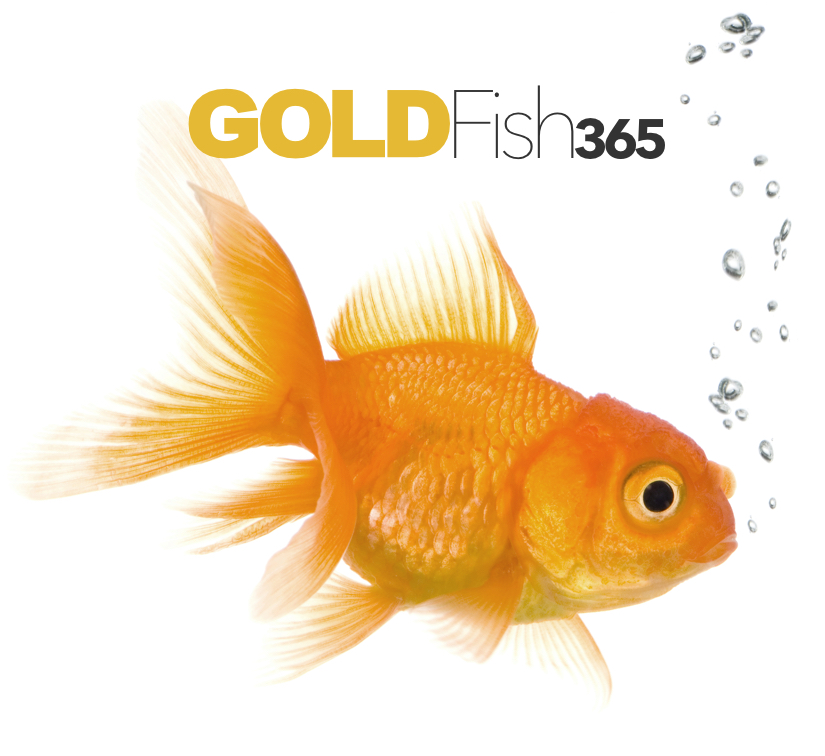
Gifts from Japan
Speakers

Charlie Bell
English
Berkshire, England

José Domingo Cruz
Canadian
Vancouver, British Columbia
Statistics
- words (including pause words)
- minutes in the mp3 audio
- words per minute for this article
Continue practicing your English fluency with the related posts above, or navigate to other authentic conversations using the Previous and Next buttons below.
Spritz
To spritz only part of this conversation, highlight the text you want and click the “SPRITZ NOW!” button. Clicking the button without any text highlighted will spritz the entire page.
To quickly adjust the words per minute (wpm), you can use the left and right arrow keys.
Writing comments will help your English writing skills. Feel free to ask questions and share opinions. We try to respond to all comments we get on the site. test



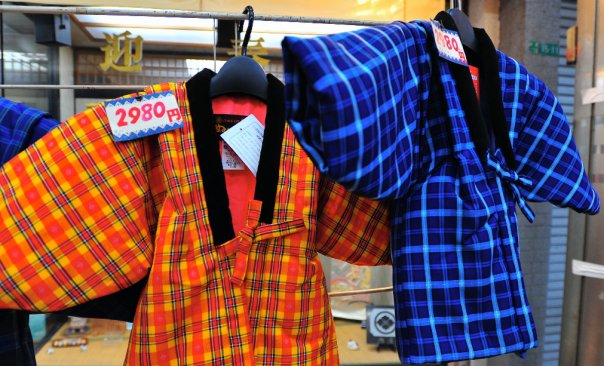

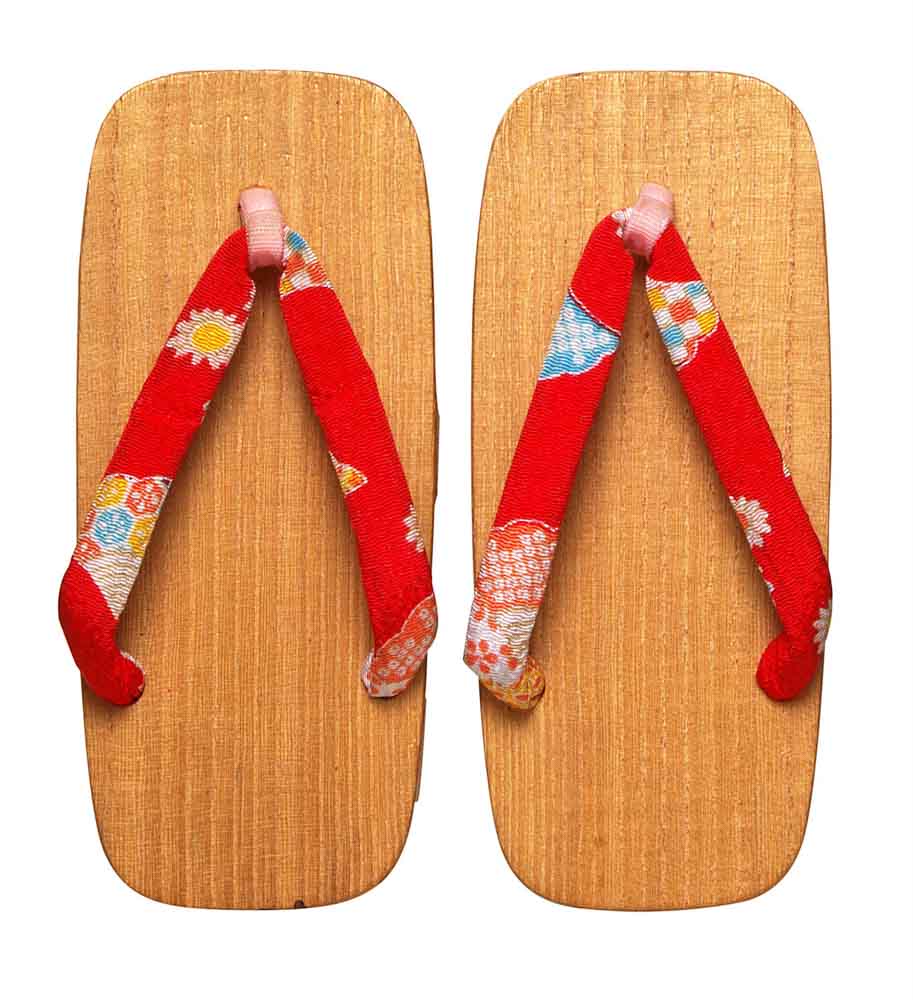




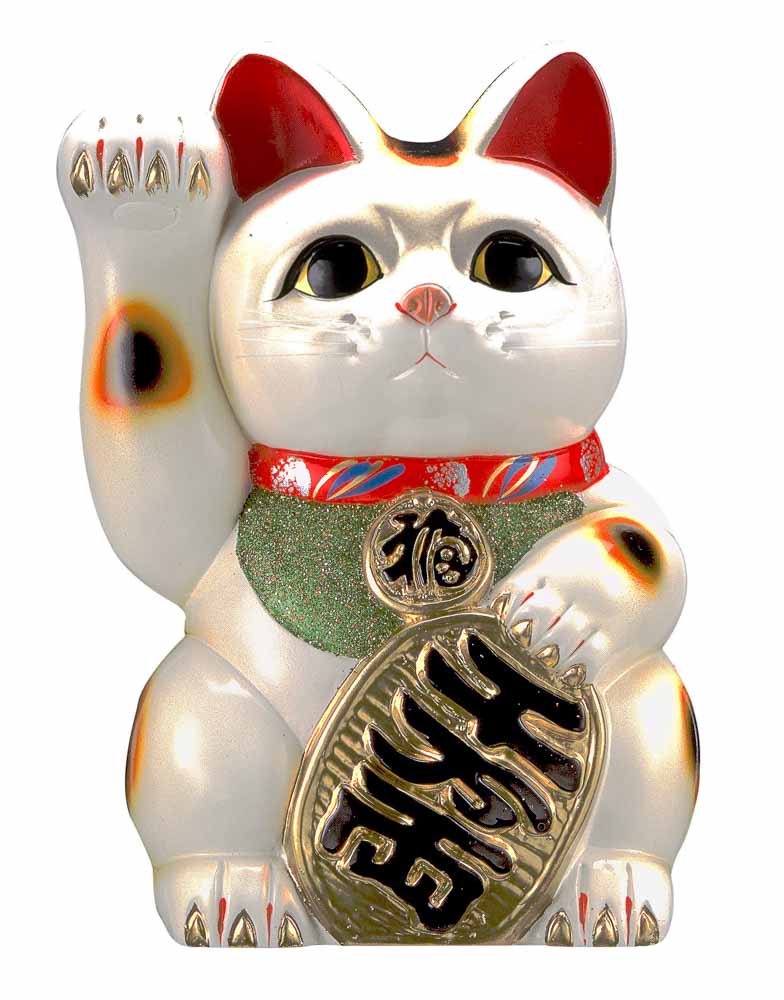
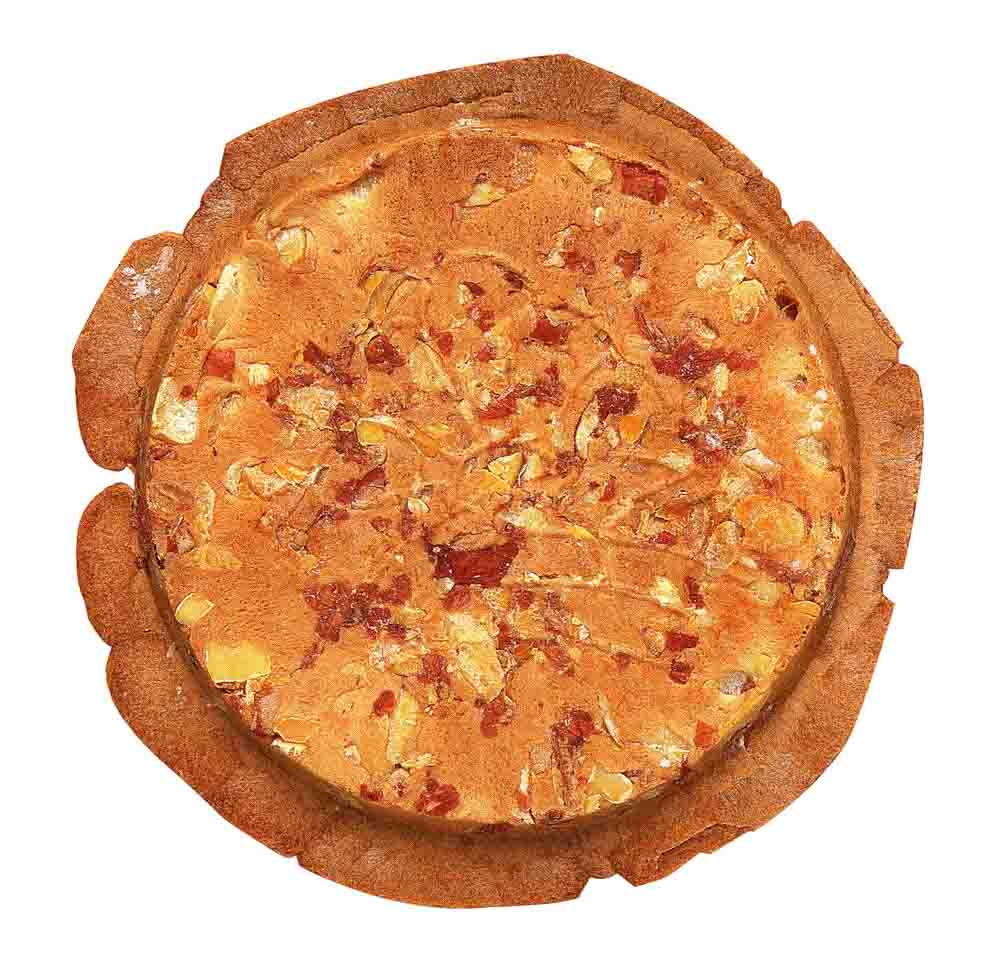
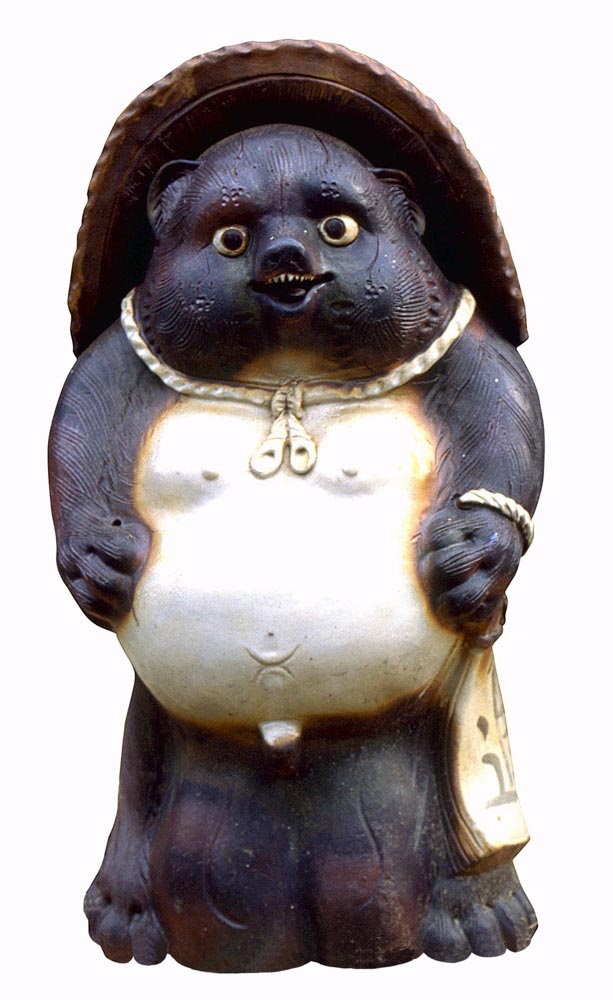
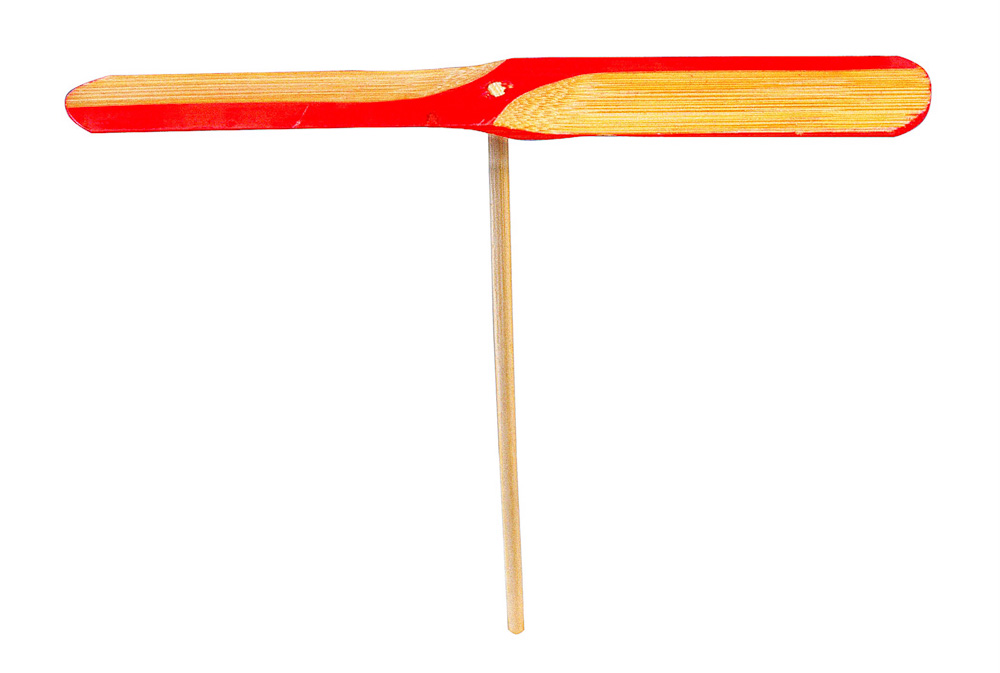




Japanese traditional things are very popular around the world. Especially, Japanese food is a world class food. For example, sushi, miso-soup, powdered green tea and so on. Of course, yuzu gosho and katsu are right. “Washoku” became known all over the world. It’s because I think it is very healthy and contain rich nutrition. So, we love. Then chopsticks and hashi-oki are good for gift from Japan.
Also, Japanese traditional closes and toys are famous. When I was a high school student and I went to Singapore and Malaysia, I had a day- homestay so I went to home from Malaysia. And we told culture, custom and tradition each other. My homestay house’s family is interested in Japanese. So, they had many Japanese traditional thigs. I was so surprised that they had kanji T-shirts and a girl wears pierced earrings. But it wasn’t common pierced earrings, it had origami paper crane!! I said, “So cute!!!” and “where did you buy?”. She said, “I got it from my Japanese friends.” I thought they have good taste in gift. So, I think chopsticks, hashi-oki, jinbei, are also good gift but maybe, something with Japanese traditional things and skills you can use everyday are more beautiful!!